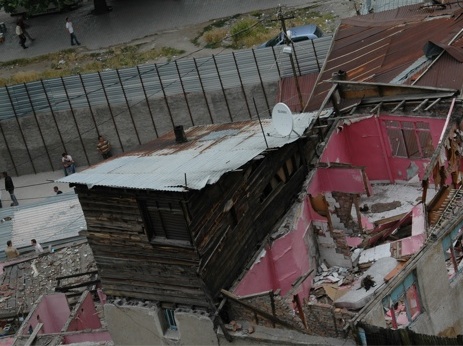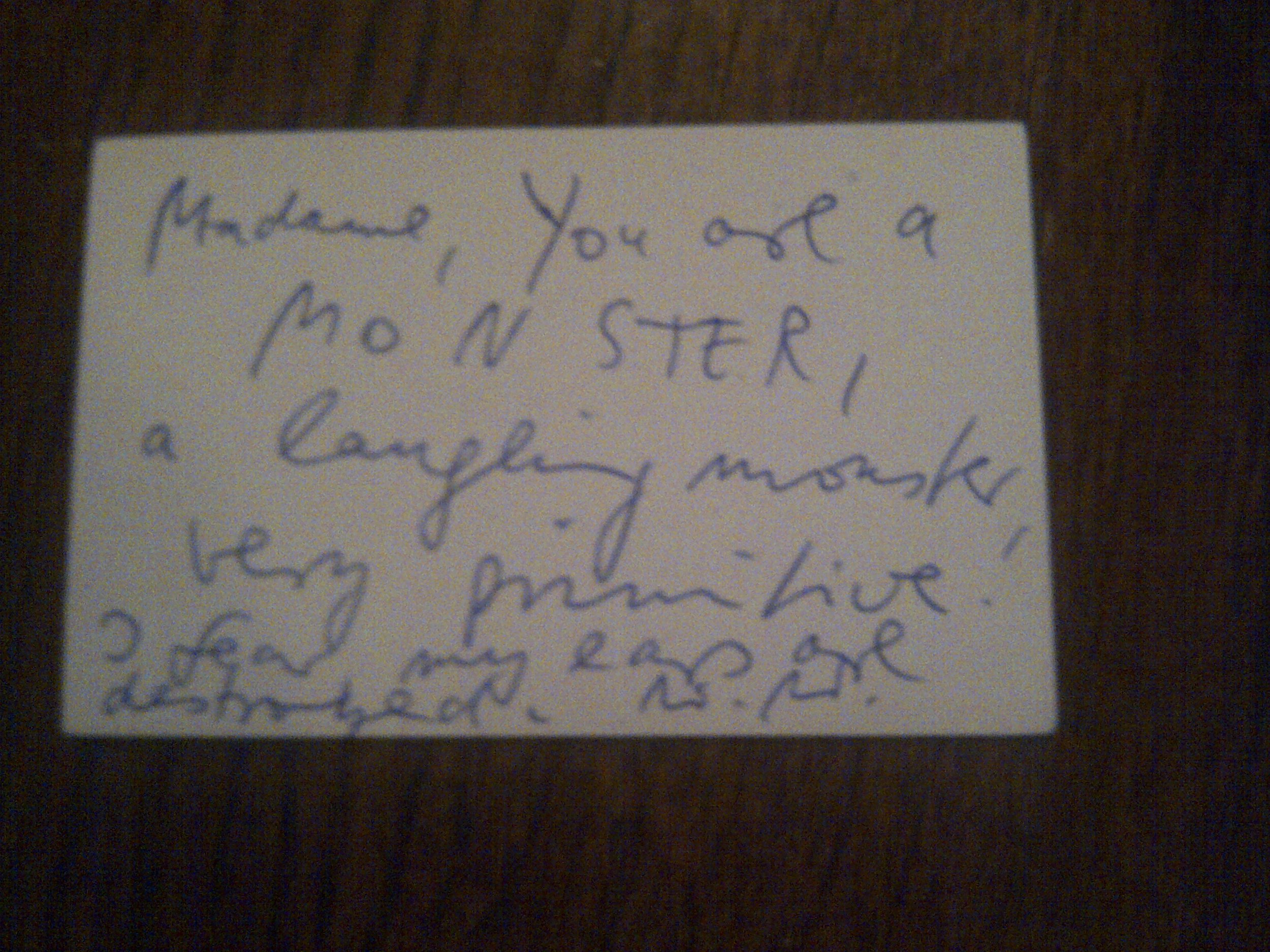For recent story I did for the New York Times magazine, You Are Here -- Dimming the Red Lights in Turkey, I reported from just outside one of Istanbul's last remaining red light districts on the effect of the Islamist AKP government's campaign to slowly but surely rid the country of its long tradition of legal sex work.

The AKP government has presided over phenomenal economic growth in Turkey. Earlier this year, while the rest of the world economy was spinning down the toilet, Turkey's GDP grew 11% in the first quarter. Unfortunately, this economic growth has yet to empower women in a meaningful way. Employment among women stands at 24 to 26%, depending on who you ask, but either way, it's the lowest among OECD countries. Unlike in other developing countries, where women have flocked to work in factories and other low-wage employment, strong -- I mean, really strong -- patriarchal social norms discourage the hiring of women. Unsurprisingly, women may find it easier enter other informal sectors such as sex work, which have a low barrier to entry and offer the chance of earning more than the minimum wage (currently approximately 630 TL after taxes, or around $350 per month). However, they do so under extremely precarious conditions: they are vulnerable to violence, harassment, fines and extortion.
It's in this context that I will further explore what is motivating the AKP to clamp down on sex work, for a forthcoming story that will go into these issues in more depth. Do they know that women find it extremely difficult to find work in the formal sector? Do they care? Do they disapprove of sex work, or are they merely angling to close down the brothels so they can gentrify those prime, centrally located patches of real estate?
These are some of the questions I hope to begin to answer in the upcoming story. As with politics anywhere, it's very difficult to locate truth, or even truthiness (hat tip Stephen Colbert.) But the reporting process was fascinating, and I was lucky to work with two of the most wonderful translators/reporting partners I can possibly imagine. Looking forward to sharing the story with you in the near future.

